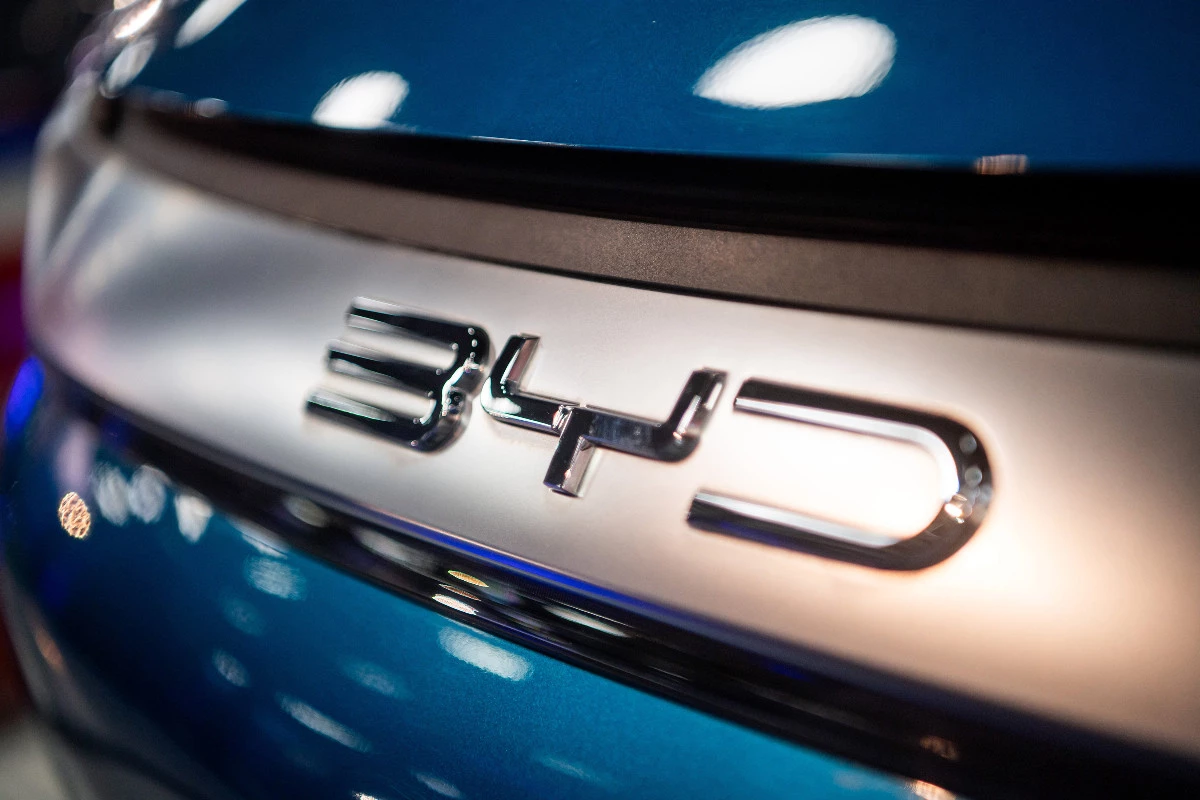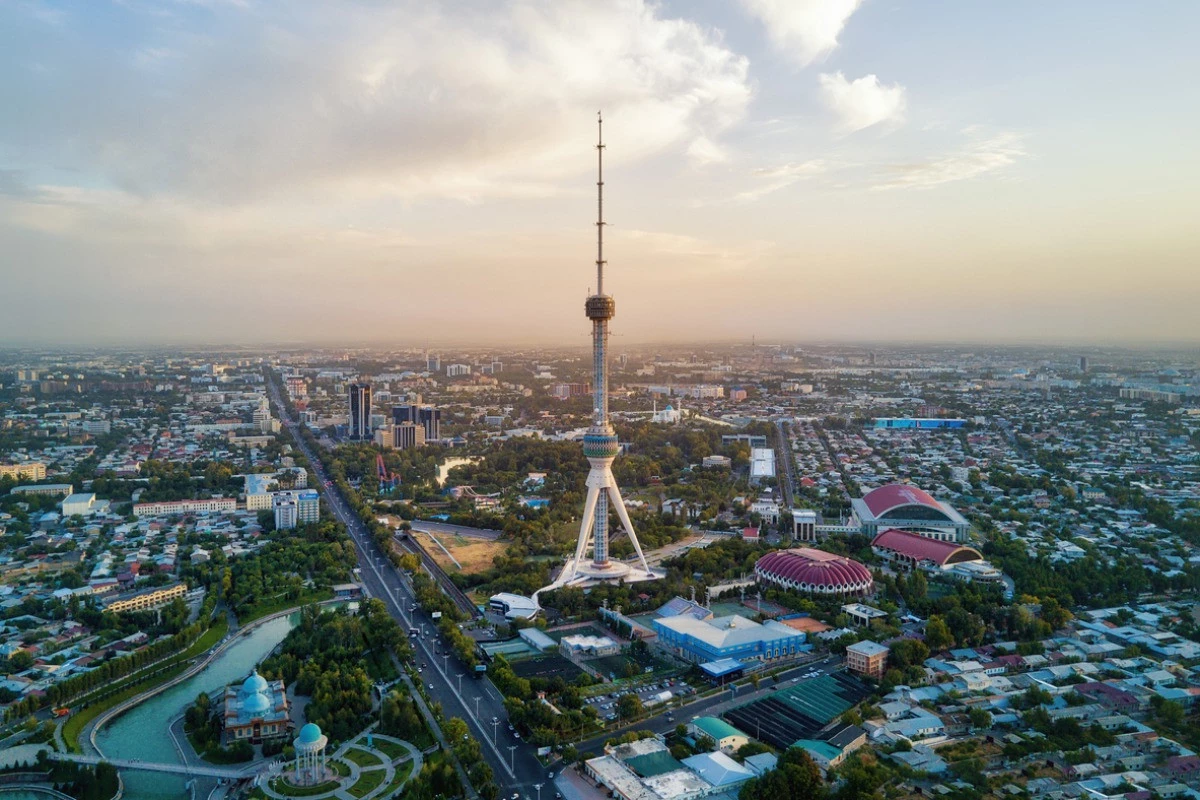

Liquor brand Wuliangye came in the second, with its brand valued at 260 billion yuan, up 4 percent year-on-year. Followed by WeChat in the third place with its brand value rising 41 percent year-on-year to 225 billion yuan.
The top 10 brands are:
No 1 Kweichow Moutai - Brand value: 1.05 trillion yuan
No 2 Wuliangye - Brand value: 260 billion yuan
No 3 WeChat - Brand value: 225 billion yuan
No 4 ChungHwa - Brand value: 215 billion yuan
No 5 Douyin - Brand value: 195 billion yuan
No 6 (tie) Tencent - Brand value: 175 billion yuan
No 6 (tie) Pinduoduo - Brand value: 175 billion yuan
No 8 National Cellar 1573 - Brand value: 125 billion yuan
No 9 Meituan - Brand value: 120 billion yuan
No 10 (tie) BYD - Brand value: 100 billion yuan
No 10 (tie) Pingan Group - Brand value: 100 billion yuan

Comprehensive monitoring of key business activity indicators across the regions of Uzbekistan shows growth across all major metrics.
